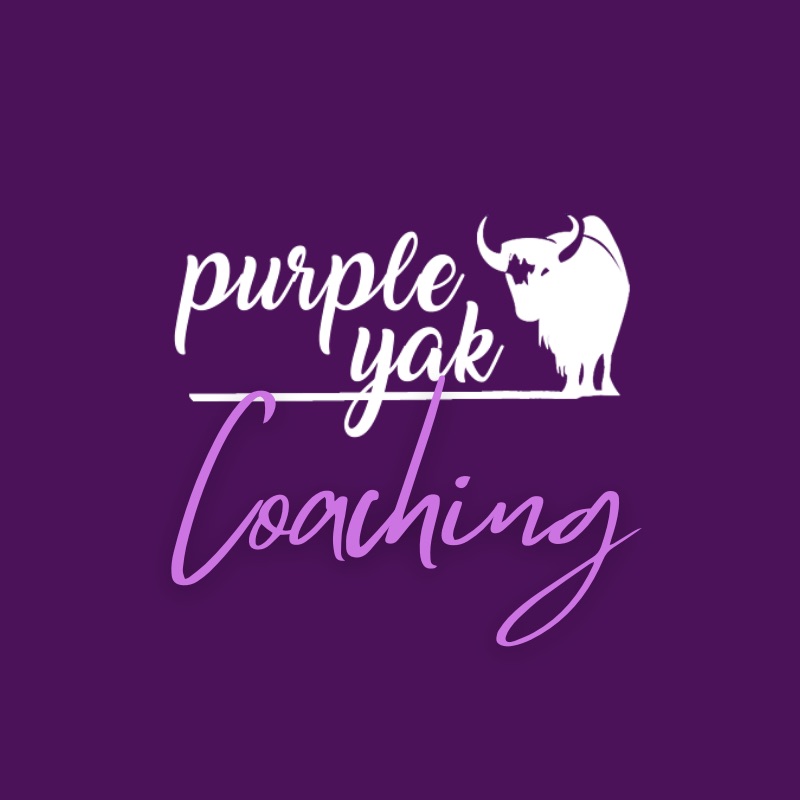Becoming a consultant
- Michael Foster

- Oct 17, 2019
- 4 min read
How do you start a small business consulting practice?
What skills do you need?
Purple Yak started as a small business consultant a few years ago now, and there are some essential steps that we took have worked for us.
So...we have listed 13 steps to becoming a small business consultant or agency.

Two types of consultant support
Business consultancy: Working with clients on strategy, planning and problem solving, and helping clients develop business skills and knowledge.
Support topics cover areas such as designing business models, marketing planning, strategic planning, business transformation, et. You'll be helping your customers learn how to plan and implement these projects/plans through advice, teaching of key skills and brainstorming sessions with them to produce results and enhance strategic thinking.
Business coaching: You’ll be helping clients to create success by focusing on personal development: time management, self-sabotaging behaviour (like procrastination and distraction), finding clarity, decision making, and getting into action. When you put on your coaching hat, you don't give advice. Instead, you help the client find the answers from within themselves.
Setting up as a Business Consultancy Business
Here are some tasks to work on when you are starting your consulting practice:
Figure out your “Why”? Why is that you want to be a business consultant and why you want to help these businesses. What will your motivation be on the dark, hard days? This is important to establish early on because the start of your journey will be difficult and testing, without a motivating, why, you could find yourself struggling to keep going.
What is your vision of "success"? Keep your eye on the prize! The definition of success differs from person to person but take some time to visualise all the ways that a successful consulting practice will manifest in your personal and professional life.
What problems that most small business owners have that you’re going to help them with? Formulate a strategy to define and solve these problems. When I work with my mentoring clients and the students in my consulting classes, I outline the top 20 problems that my clients commonly need help with. Use readily available strategies, tools and assessments to help solve these problems, or create strategies of your own. Consider putting together your own consultant's toolkit or resources to help your clients on mass and save you time.
Decide if you are going to guide or do the work for your clients. Some consultants are more like mentors and advisors, who work with the business owner to do planning and strategy work. Other business consultants provide a specific service as a sub-contractor, to augment the client's staff (such as part-time CFOs, website designers, marketers, copywriters, etc).
Write a business plan. Go through all the same steps you would go through with a client, and work on your own business model design.
Build a marketing plan. There are many business consultants, so you need to consider how will you stand out from the crowd? How will you connect with your audience to build rapport and trust? How will you find and attract the right customers?
Once you’re up and running, we recommend looking at the next steps in your journey. These will help you develop your business and your skills:
Skills & Knowledge. You can not be an effective consultant if you don’t deliver value and as a consultant your value is your knowledge and experience. This isn’t a task you’ll ever finish as this will be an ongoing education. The more knowledge and expertise you have the higher the fees you can charge.
Develop your coaching skills. You will be working with human beings who have their own set of strengths and weaknesses. Learn deep listening skills and how to ask meaningful questions to get clarity and provide focus. Learn how to hold clients accountable for implementing their action plans and how to deal with difficult client situations.
Choose marketing techniques that bring qualified leads to the sales conversation. Track your marketing relentlessly. If your marketing isn't bringing the desired results, revamp it. Do not choose marketing techniques because they are a hot trend if they don't bring in leads or help build your brand recognition.
Learn problem solving, decision making, project management, and time management skills.These four skills will provide the backbone of the assistance you will offer clients and help you run your own business successfully.
Deeply understand the seven areas of a business model to help your clients in the areas that are causing the most damage or have the best return on investment if they make a change.
Systemise your own business so that you have maximum efficiency. Use templates, automation and sales scripts. Take time early in the setup of your business to create these systems to free up your time and attention for more important tasks. Hint: you'll then teach these efficiencies to your clients.
Get help with the administrative and marketing work. Outsource the tasks that you do not want to do, that you are not an expert in, or that take away from your revenue-generating time.
If you would like any support on your journey, please reach out and we’d be happy to have a discussion and see how Purple Yak can help you.




Comments